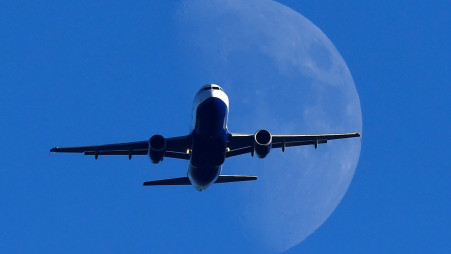The Business Standard
Failure to address this issue could jeopardise airline connectivity and hinder economic growth in Bangladesh, Nigeria, Algeria, Pakistan and Lebanon, warns IATA

Bangladesh has withheld some $214 million in airline funds making it the second worst-performing nation in the world, said International Air Transport Association (IATA) in a press release issued on Sunday (4 June).
As of April this year, the airline industry’s blocked funds have surged by 47%, reaching $2.27 billion compared to $1.55 billion in April 2022, as per IATA data.
The countries with the highest amounts of blocked funds make up 68% of the total. They are —
- Nigeria, leading the list with blocked funds amounting to $812.2 million
- Bangladesh, experiencing a significant concern with $214.1 million in blocked funds
- Algeria, facing a similar challenge with blocked funds totalling $196.3 million
- Pakistan, encountering a notable obstacle with blocked funds reaching $188.2 million
- Lebanon, struggling with blocked funds amounting to $141.2 million
The international aviation trade body has raised concerns over the escalating levels of blocked funds, which pose a significant threat to airline connectivity in affected markets.
IATA Director General (DG) Willie Walsh has emphasised that airlines cannot sustain operations in markets where they are unable to repatriate their earnings from commercial activities.
To ensure the continuous provision of vital connectivity, Walsh called upon governments concerned to collaborate with the industry and resolve this critical issue, which plays a pivotal role in driving economic activity and job creation.
IATA has urged the governments concerned to fulfil their international agreements and treaty obligations to enable airlines to repatriate the funds generated from ticket sales, cargo space utilisation, and other related activities.
Failure to address this issue could further jeopardize airline connectivity and hinder economic growth in these markets, IATA added.









